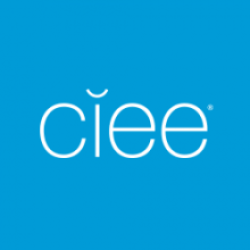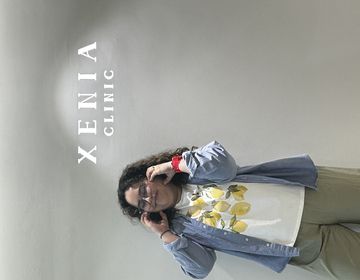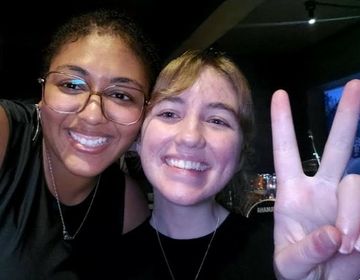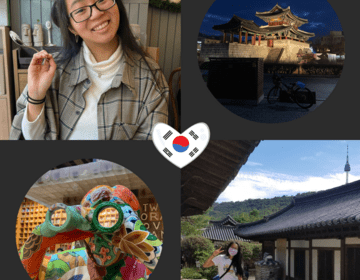Teaching English in South Korean Public Schools: The EPIK Application Process
Preparing to teach English in South Korea is a long process, but it’s also a rewarding one. One of the biggest decision’s applicants face is whether to apply to a South Korean private school or public school. This is because depending on which you choose will likely change your entire teaching experience in South Korea. They also have very different application processes. The EPIK public school process is particularly unique compared to other teach abroad applications. Those who have been through it know that it can be very long, confusing and anxiety provoking. To help you out, we’re going to go over some of the details of the EPIK application process so all of you future English teachers out there know just what you’re getting into.
Public Schools (AKA EPIK)
EPIK stands for English Program in Korea and is the overarching governing body of English teachers in South Korean public schools. When you apply to any form of public schools in South Korea, all applications go through EPIK rather than schools in South Korea directly. This process is generally both lengthy and time consuming, so plan to dedicate plenty of time for preparation prior to your planned departure
Applications
EPIK requires an additional application. It is a combination of your educational background, work experience, essay questions, and last but not least, a lesson plan. This can be a challenge for first time teachers but it’s also an opportunity to show off your creativity and teaching style! You will also get a lot of information from your coordinator to help ease the process and give you a lot of help in order to put an amazing, standout application together. After submitting your application there is a lot of waiting time before you find out if you will get an interview. The waiting periods throughout the EPIK process can be long and stressful, but we will set expectations, so you aren’t blind sighted. If EPIK would like to interview you it will be just once, and with the head office rather than a specific school.
When applying to EPIK, you will be asked your preferred province, or where you would ideally like to live. However, this does not mean that you will be placed in this province. In fact, EPIK has final say in where you will be placed, this could be in an urban or rural area, near your preference or on the opposite end of the country. There is also little to no room for negotiation with EPIK. Therefore, your placement is your placement and you have to take it or leave it. This is often a deterrence for teachers applying to EPIK, as many are very set on where they’d like to go. So, if you decide to teach at a public school, it may not be your ideal location, and you’ll have to remain flexible.
After Accepting
When you are offered the job, you will be told the province in which you will be teaching, but nothing more. Your exact hours, school, and location will remain a mystery until after an intensive 9-day orientation. But that’s all part of the adventure, right? This orientation is focused on preparing you to teach in the South Korean public-school system. Its dense with important classes and information to get you started on your teaching journey!
Hopefully, this served as a helpful overview to those considering teaching English in South Korea. If this seems a bit overwhelming, remember, you don’t have to do it alone! CIEE is here to assist you all the way through the process so that your application is the best it can be. And just remember, in the end it will all be worth it! Once you step in front of your new classroom this whole process will be a distant memory.
Further reading:
Related Posts
How to Go to the Doctor in South Korea as an English Teacher: A Guide to Healthcare and Health Insurance
As an English teacher in South Korea, maintaining good health is essential while living abroad. Navigating the healthcare system can seem daunting and stressful at first, especially if you can’t... keep reading
CIEE CHINGU – A Partner Program for Teachers in Korea
Chingu ( 친구 ) is the Korean word for friend . CIEE Chingu is a partner program included in CIEE’s Teach in South Korea programs! Our goal is to connect... keep reading
TWICE with CIEE: Kayleigh in Korea (PART 1)
Kayleigh is a CIEE alum who participated in CIEE's Teach in South Korea program AND CIEE’s Teach in Spain Volunteer program! CLICK HERE to read her experience in Spain. WHY... keep reading




